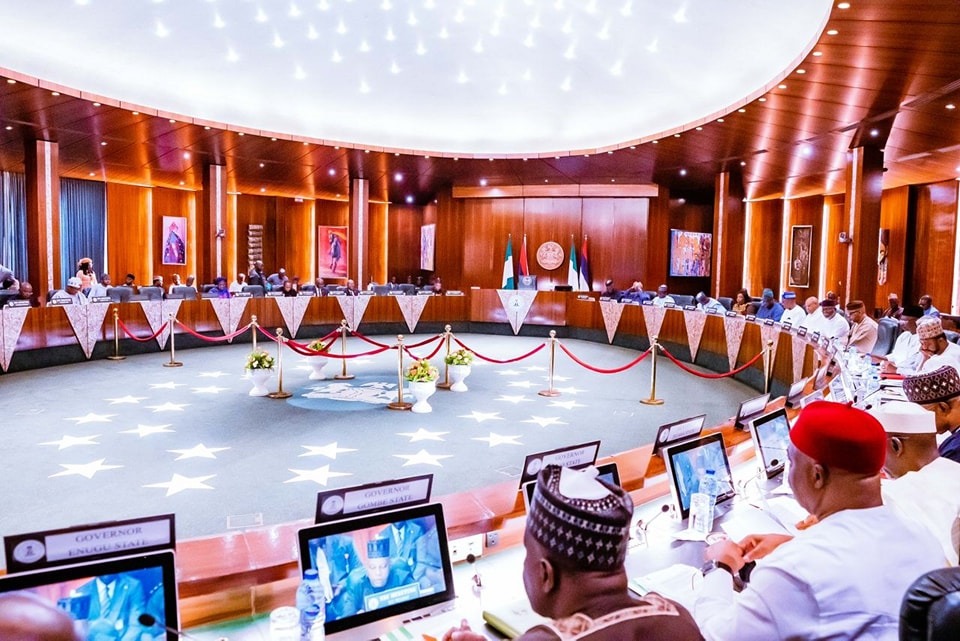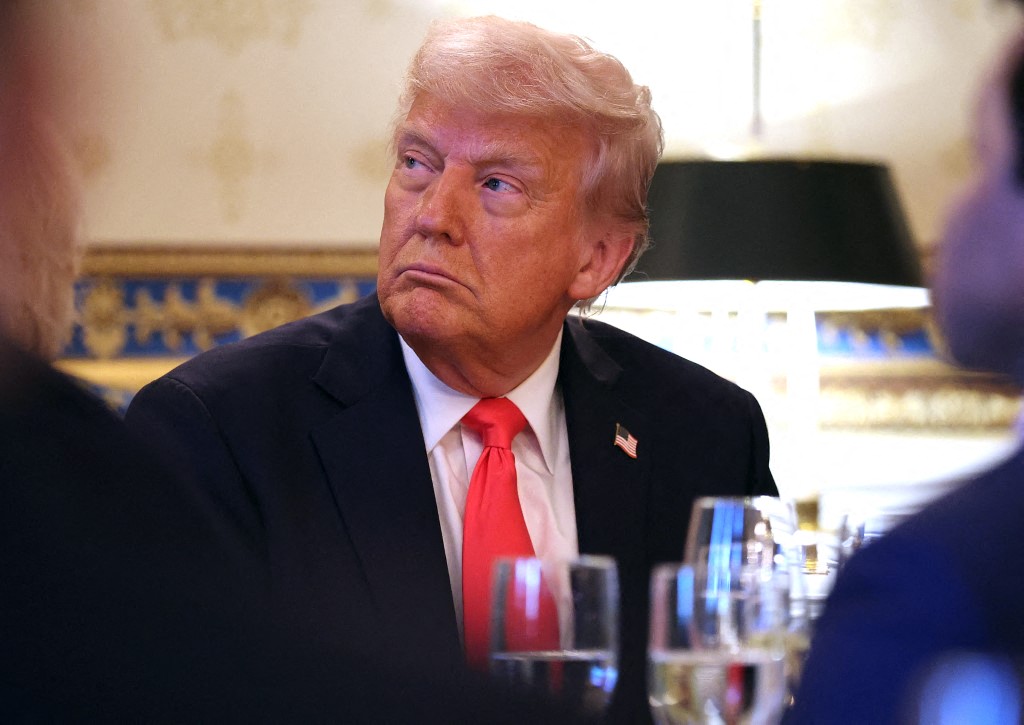
Humanitarian organisation, Save the Children, yesterday, said a relentless wave of attacks against farmers in Nigeria by armed groups was hindering critical food supplies and threatening to push the country deeper into a hunger crisis in 2023.
It said: “Armed groups committing these ruthless acts are not only disrupting food production but also pushing children to the brink.”
This was contained in a statement by Country Director, Famari Barro.
The statement noted that violent attacks against farmers were exacerbating an already dire hunger crisis in the country, especially in the north, where millions of children are uncertain of their next meal.
The organisation, therefore, called for urgent action that prioritises the needs of children “to stop this devastating trend and protect innocent lives. If not, armed groups will continue to carry out brutal attacks, drive food prices, and push more families to starvation.”
Quoting Nigeria Security Tracker, Save the Children said armed groups killed more than 128 farmers and kidnapped 37 others across Nigeria between January and June 2023.
“In June, 19 farmers were killed by non-state armed groups in Nigeria’s northern Borno State alone. In January, the United Nation estimated that more than 25 million people in Nigeria could face food insecurity this year, a 47 per cent increase from the 17 million, who were already at risk of going hungry, mainly due to ongoing insecurity, protracted conflicts, and projected rise in food prices.
“In addition, an estimated two million children under five across the northeastern states of Borno, Adamawa, and Yobe are likely to be pushed into acute malnutrition in 2023, with about 700,000 children on the brink of death.
“It is also likely that even more people will be pushed into hunger than earlier predicted due to extreme weather events that are getting more frequent and severe due to the climate crisis,” the statement noted.
Nigeria recently declared a state of emergency on food insecurity to tackle shortages, stabilise rising prices, and increase protection for farmers facing violence from armed groups.





